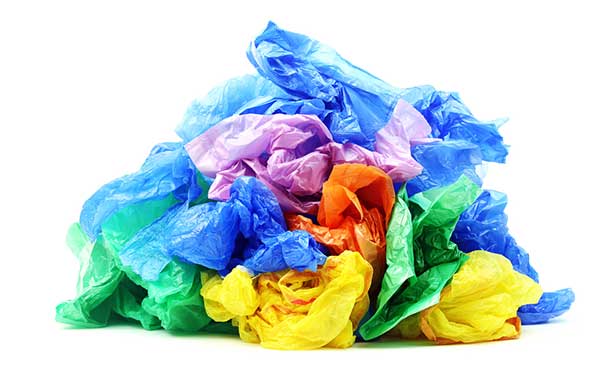June 05, 2019
Maine Moves Closer To Plastic Bag Ban
Final approval is pending, but the state legislature has given its initial blessing.
Maine is poised to become the next state to ban single-use plastic bags – a move that could potentially benefit the promotional products industry.
The Pine Tree State’s Senate voted 24-11 in favor of a bill that would prohibit single-use plastic bags at retail establishments.

As notable for the promo industry, the legislation would also require a five-cent fee to be charged if a customer wants a reusable plastic or paper bag, the idea being to encourage Mainers to utilize reusable canvas or cloth bags.
Maine’s House of Representatives previously voted 91-52 in favor of the bag ban bill. Still, the bill needs additional votes in each chamber before it can go to Gov. Janet Mills for signing into law.
If ultimately enacted, the ban would make Maine the third state behind California and New York to institute a statewide ban on single-use plastic bags. Hawaii effectively has a statewide ban because of prohibitions at the county level.
Bans on single-use plastic bags can help spur sales of reusable carriers like totes and drawstring backpacks – something that could benefit promo distributors.
Breaking News: The Maine Senate just joined the House in voting to support a statewide ban on single-use plastic bags. The bill is the result of a collaborative effort between conservationists, retailers, and grocers. #mepolitics pic.twitter.com/7HVMYCAFfT
— Natural Resources Council of Maine (@NRCMenvironment) June 4, 2019
A growing number of municipalities, cities and states, as well as countries, are considering or actively trying to ban single-use plastic bags. The motivation is environmental. Ban proponents say the bags present a threat to wildlife and cause pollution.
More than 90 bills have been introduced in the U.S. this year regarding plastic bags, mostly to ban or place a fee on them, according to the National Conference of State Legislatures.
The world produces more than 300 million tons of plastic each year, according to Statista, and scientists estimate that up to 91% of plastic is never recycled, polluting the environment and threatening wildlife.

Product Hub
Find the latest in quality products, must-know trends and fresh ideas for upcoming end-buyer campaigns.
